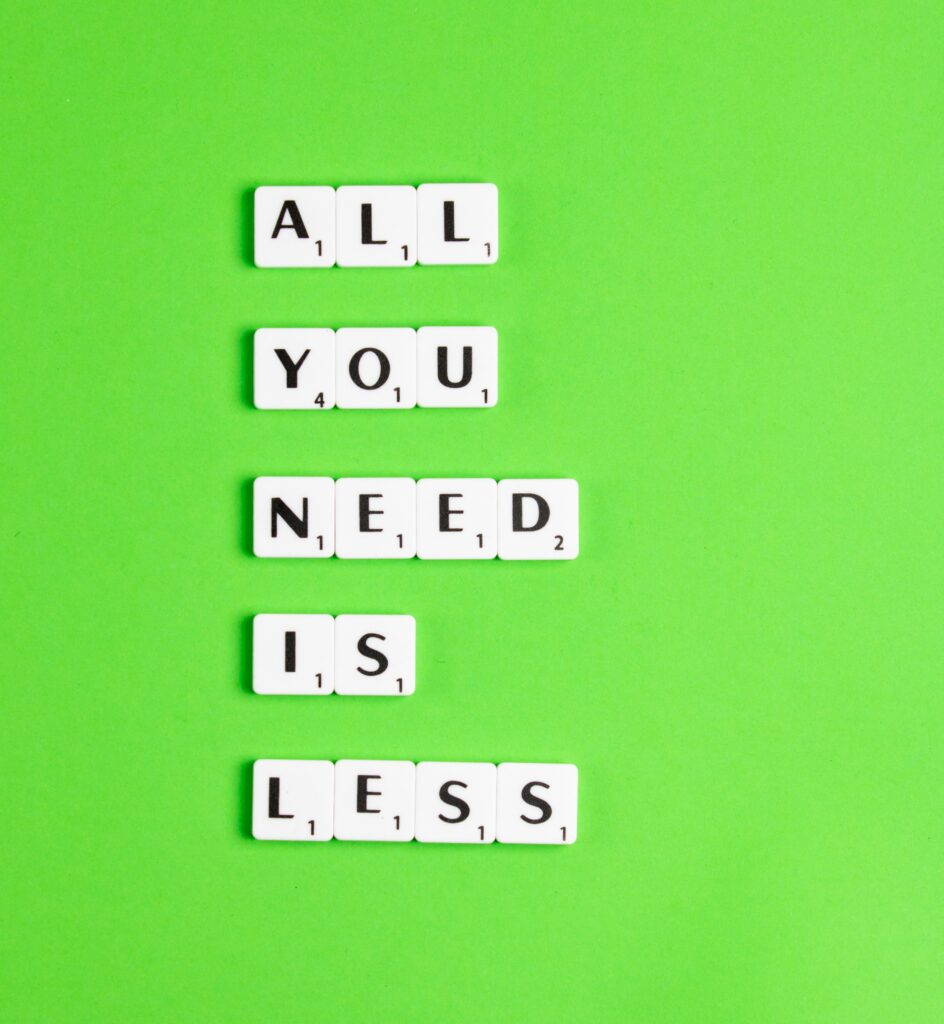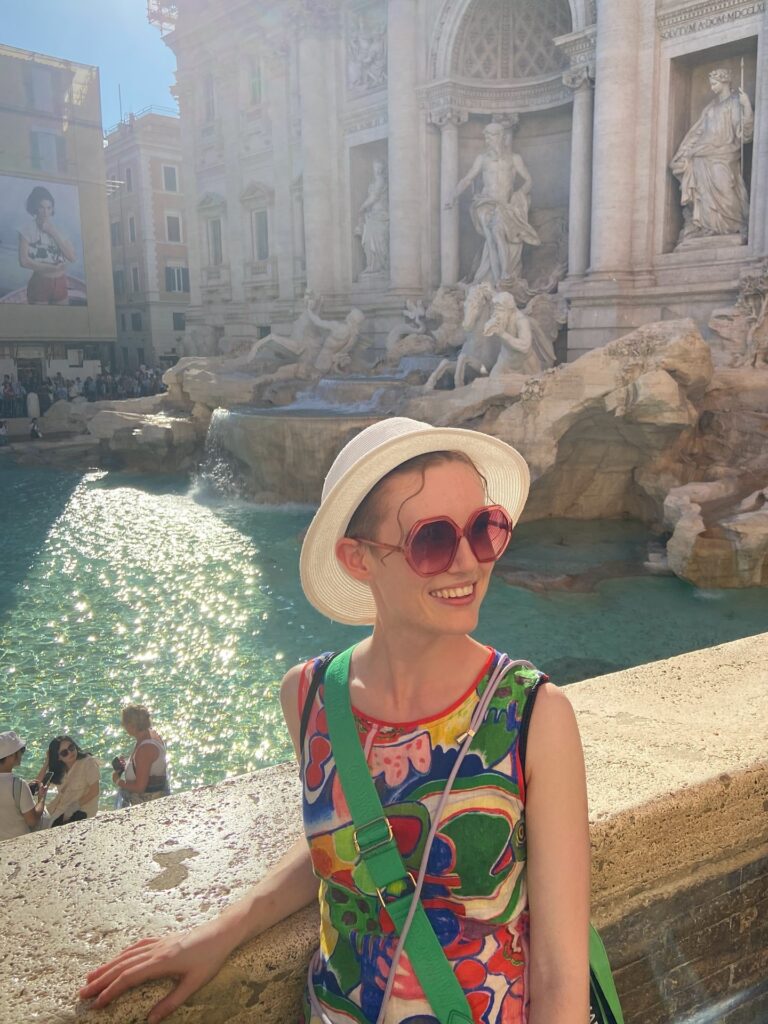We won’t heal the world unless we heal ourselves.
2473 words, 12 min read.
Recently, I watched the movie, “The Wisdom of Trauma”, a film made by Maurizio and Zaya Benazzo, co-founders of Science and Nonduality.
The movie features Dr. Gabor Maté, a renowned speaker and bestselling author who specialises in neurology, psychiatry, and psychology. If you haven’t watched Dr. Maté in action, you should. I’ve only come across his work recently, and my favourite part of watching him being interviewed is that he doesn’t engage in therapy ‘speak’, if I could call it that. He is a trained physician with a background in family practice and a special interest in childhood development and trauma, and in their potential lifelong impacts on physical and mental health, including on autoimmune disease, cancer, attention deficit hyperactivity disorder (ADHD), addictions, and a wide range of other conditions.
According to the movie’s synopsis, “Trauma is the invisible force that shapes our lives. It shapes the way we live, the way we love and the way we make sense of the world. It is the root of our deepest wounds.” In the movie, Dr. Maté presents the viewers with a new vision: a trauma-informed society in which parents, teachers, physicians, policy-makers and legal personnel are not concerned with fixing behaviours, making diagnoses, suppressing symptoms and judging, but seek instead to understand the sources from which troubling behaviours and diseases spring in the wounded human soul.
I think the movie speaks to everyone today, as anyone can relate to its messaging. From how trauma can be affected by childhood bonding to how trauma can lead to underdeveloped emotional coping mechanisms, to reasons behind addiction, to destructively riding the wave of capitalism… and then Dr Maté makes a poignant case on healing and self-worth, through the eyes of people he has treated or spoken to.
“Trauma is the invisible force that shapes our lives. It shapes the way we live, the way we love and the way we make sense of the world. It is the root of our deepest wounds.”
There are many clips of famous people included in the movie, but one segment from a long interview of Dr. Maté by Tim Ferriss, the famous entrepreneur, really got me. I hope you’ll be able to watch the film if you can, but in that conversation (which you can find here) Dr. Maté asks Tim why, returning from a trip, was he so angry to see his ‘to-do’ list was not done by the person he had hired to do them.
Dr. Maté and Tim discusses how there could be a few good (logical) reasons why the tasks weren’t done, like that person might have ADHD and can’t follow through, or the person could have been in an accident, etc. Tim’s automatic emotional reaction was to think that the person who didn’t do the task didn’t care about him or respect him.
Now how relatable is this scenario?
Dr. Maté says, “We don’t respond to what happens, we respond to our perception of what happens.” What follows the next 3 minutes is that he dissects Tim’s reaction to a trauma in his past, with such precision that you just can’t fault his method! The conversation then ends with how you can reframe a challenging moment from learning from it and then turning it around as a tool for empowerment.
Now I know listening to something as simple as this doesn’t seem like a massive realisation for everybody, because I do believe that most of us can and have processed a similar scenario, learnt from our emotional outbursts or reactions in one shape or another. What’s amazing here is however, the link back to an unconscious part of Tim’s memory, in the distant past, to his actions today was so stark – and Dr. Maté was able to unpack these with such meticulousness and returned him back to the present, fairly quickly.
Watching that clip is a reminder for us all.

Similarly, Dr. Benjamin Hardy, a psychologist I regularly reference who works in organisational psychology and self-motivation and coaching, also starts his work with trauma. He says that trauma is not what happens to you, it’s what happens for you. In his 30-Day Future Self Challenge (yes, I am a graduate), he doesn’t move through the course without asking his participants to really look at their trauma (or traumas). He provides a ‘trauma transformer’ tool in his work to reframe the ‘it happened to me’ scenario into ‘what can I learn from this’, and uses these as the key starting points for radical self-transformation for self-growth.
In his book, Personality Isn’t Permanent: Break Free from Self-Limiting Beliefs and Rewrite Your Story, Dr. Hardy says:
“A clear indicator that someone has unresolved trauma is that his life and personality are repetitive for an extended period. But as he faces, opens up about, becomes more aware of, and ultimately reframes his trauma, he allows himself to take a positive and mature view of his past. His present and future will then stop reflecting his past.”
Dr. Hardy is an intense believer in creating your Future Self, and he explains how one can tackle this in his writings, books, and courses.
Humanity comes with an embedded footprint for literally just being and existing – so once you’ve gotten these facts out of the way, then we can move on to the next phase.
Talking about Trauma – we probably all have had one or more experience(s)

Before I make the case for healing from trauma as a key to healing the world, let’s talk about trauma.
First of all, trauma is not a bad word! We’ve all experienced “trauma,” whether we think we have or not. I always thought that trauma had to come from a one-off, ‘mega’ shocking experience, but after watching that Tim Ferriss interview, I’m now reassessing what kinds of trauma I might have been subjected to that I hadn’t yet realised!
The Wisdom of Trauma movie came with a bit of a booklet on trauma, and states that there are three types: Shock Trauma, Developmental, and Transgenerational. You can download the booklet here.
I don’t see myself falling in any of those categories, and subscribe perhaps to a more general definition. Here’s how Dr. Lisa Firestone describes it:
“A trauma can be defined as any significant negative event or incident that shaped us. It can emerge from any impactful instance that made us feel bad, scared, hurt or ashamed. By this definition, we have all experienced some degree of trauma in the process of growing up.”
Dr. Maté argues in the movie that all human beings can have the opportunity to have a relationship with their trauma; to acknowledge and then empower. Unhealed or unchecked trauma, coupled with the way our society is being shaped right now, is what is driving the unhappiness, the misery, the overconsumption, the unfulfilled lives of so many, and the destruction of our natural world.
Our measures of success are driven by capitalism
In today’s world, our measure of success, or how we measure ‘value’, is often reported as Growth Domestic Product (GPD), which tracks how much money is spent by society, not why.
The clear winner here is of course, money. Yancey Strickler, author of “This Could Be Our Future: A Manifesto for a More Generous World”, wrote on Medium that humanity needs to look at a post-capitalist world where we measure our livelihoods by value that is not tied to money. He says,

“Western society today revolves around the belief that financial value is the only rational form of value, and that the best application of financial value is using it to make more of it. While these are rational and important goals, this limited perspective also stops us from seeing all the different ways of valuing that also exist.
According to GDP, an ideal citizen is someone who drives an SUV, has cancer (chemotherapy can be very GDP‐positive), is getting divorced, and eats out every night.”
Capitalism is a system of economic production whereby business owners (capitalists) acquire the means of production (capital) and hire workers who get paid for their labour.
Capitalism is defined by private property rights, capital accumulation and re-investment, free markets, and competition. Modern economies in much of Western society today are organised under the banner of capitalism.
While capitalism has certainly helped propel innovation and prosperity in modern society, it can also create inequalities and contribute to market failures.
The economist and philosopher Adam Smith wrote The Wealth of Nations in 1776, in which he described the birth of a new form of human activity: industrial capitalism (nearly 250 years ago.) Generally regarded as the father of modern economics, the core of Smith’s thesis was that humans’ natural tendency toward self-interest (or in modern terms, looking out for yourself) results in prosperity. Smith argued that by giving everyone freedom to produce and exchange goods as they pleased (free trade) and opening the markets up to domestic and foreign competition, people’s natural self-interest would promote greater prosperity than with stringent government regulations.
I have my own views about Smith’s musings – especially his theories of establishing new colonies and ‘causes of prosperity of new colonies’ – becauseas I see it, as much as a nation can market freely, if you’re ‘industrialising’ Europe, you couldn’t really go very far without some form of colonial exploitation in its future. And guess what has happened? (Insert rolls eye emoji here.)
I’m certainly no economist, but outside of my very limited understanding of all of Smith’s work (The Wealth of Nations really should be read in conjunction with The Theory of Moral Sentiments, 1759), the wider accepted consensus of Smith’s capitalism is that he came from ‘cooperative’ capitalism principles whereby if all goes to plan, everyone benefits from distributed ‘wealth’ and ‘prosperity’, and therefore, human being’s overall well-being.
Indeed, the alleviation of poverty was one of Smith’s central concerns, as he states, explicitly and repeatedly, that the true measure of a nation’s wealth is not the size of its king’s treasury or the holdings of an affluent few but rather the wages of “the labouring poor.” His version of equity was that or relativity, however – differences in wealth and income can happen, but prosperity is relative.
Capitalism in the way that Smith envisaged, has become a bigger beast in societies we operate from today, and have cycled through many iterations; the latest the subject of many criticisms on its shortcomings. One could only describe our newer strain of capitalism, also known as classical liberism (or interchangeably described as neoliberalism, economic liberalism, or economic fundamentalism) as being socially and environmentally destructive. We are supposedly chasing ‘prosperity’ as defined by one narrow goal – wealth – but we are doing so at the expense of the prosperity of flora and fauna, respecting planetary boundaries, spiritual happiness, social capital, and intergenerational equity.
“One could only describe our newer strain of capitalism…. as being socially and environmentally destructive.“
In countries like Australia, where the public sector enterprise of socialism exists to overcome the disadvantages of private sector (or, let’s just call it, business) capitalism, Smith’s original intent for wealth and prosperity for all is under threat, as businesses very often influence state policy and affairs, and the government has failed to properly fund upgrades to infrastructure, provide public housing, drive down income inequality, regulate the media, look after citizen’s health services, and other public ‘good.’
But how did we get here? Smith’s theory on industrial capitalism lacks proper explanations for pricing or a theory of value. This is a little bit more complicated to explain but basically, because of this void, it wouldn’t be extravagant for me to say that since that day, we’ve been pretty confused. (A bit on Smith’s theory of value and explanation of price can be found here.)
And here we are, in the evolution of man in the 21st century… we’ve been conditioned to ask what is the value of a product, and subject its price to what we think is its value to us, instead of simply… valuingsomething that isn’t necessarily a product for our consumption or enjoyment, or valuing a product or venture, not just based on price, but based on a whole swathe of outcomes or purpose.
The Post-Modern Capitalist World
In the book Sapiens, Yuval Noah Harari writes about the moment when early humans learned how to cultivate wheat, and how human life changed from hunting and gathering to farming. These early humans thought they had tamed wheat, Harari writes, but in reality, wheat had tamed them. From that point on, a huge amount of human energy went into growing wheat. We did whatever wheat wanted us to do.
It’s the same with money. We think wealth means we’ve mastered money, but in reality, money has mastered us. We live in a universe of infinite potential, and yet we allow financial ROI (return on investment) to define the limits of what’s possible.
The form of capitalism as we know today is not the capitalism that Adam Smith envisioned. It’s bastardised, according to the author Simon Sinek in this interview. Milton Friedman in the late 1970’s theorised that the responsibility of business is to only maximise profit within the bounds of the law, but completely disregards ethics.
The good thing is, the idea that businesses need more varied measures of success than simply profit and growth, or valuing these in terms of money, is in more ways than one, already here. Many economists all over the world are acknowledging capitalism, as it exists today – is broken. Moreover, economies cannot become completely divorced from the demands of democratic majorities, and the role of governments.
“We think wealth means we’ve mastered money, but in reality, money has mastered us.“
You might have heard about conscious capitalism, inclusive capitalism, and the Five Capitals. You might have come across doughnut economics, a theory proposed by economist and author Kate Raworth, which suggests that it’s possible to thrive economically as a society while also staying within social and planetary boundaries. All of these versions of capitalism advocate for the balancing of the state of capitalism today, to ensure everybody (and animal, and living thing), wins. This 5-minute video by Simon Sinek provides a great overview of how businesses can be a force for good, and provide for the restoration of the principles of capitalism for the sake of society, profit and the planet.
Healing ourselves first to curb our own destruction

Yes, we’ve discussed some very heavy topics of trauma and capitalism.
If you’ve clued in to the common themes of both: it’s humans.
Humans – us – are driving the direction of humanity’s ultimate survival.
Sinek has often been quoted to state that purpose is the very reason to have (a) business. Growth is not a purpose (or shouldn’t be the purpose of a business.) If you break this down, individuals must also then, operate towards their purpose.
How do we find our purpose, or our ‘Why’? By healing from our trauma (or traumas.)
Surely, none of the reasons for being is to constantly shop, consume, or produce our way to happiness.
If we want to heal the world, then let’s heal ourselves first.
Join us in our Slow Fashion movement with the hashtags #ConscientiousFashionista and #wardrobetruths on Instagram, and follow us at @fashinfidelity.
Tags: #consumerism #materialism #capitalism #happiness #trauma #thewisdomoftrauma #consciousconsumer #healingfromtrauma #conscientiousfashionista #fastfashion #slowfashion #wardrobetruths #fashioneducation #fashion #fashinfidelity




